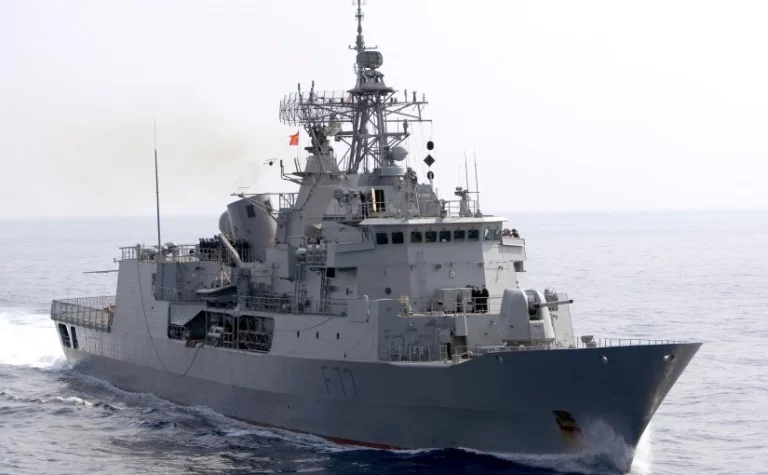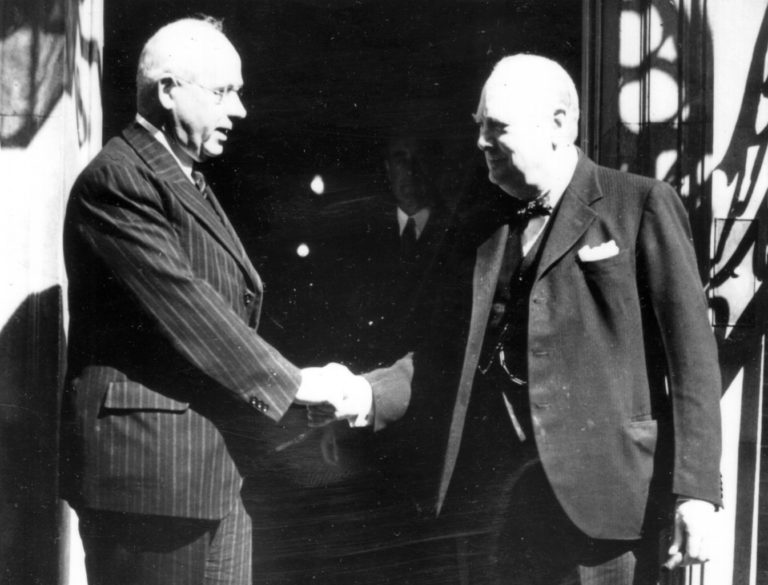How Confident can China be about its Future?
China’s rise has dominated our view of the future. Freed of its Marxist doctrines their economy has grown with startling speed. Now the second largest in the world, numerous experts tell us that China will surpass the United States in a few years.
Straight-line projections are of course risky. A few decades ago Japan’s own hopes of the top position were hailed in books with titles like ‘Japan Will Be Number One’. It is now number three. But China’s expectation of reaching the top seems better founded. If it does there seems no reason why we should fear such economic success which after all benefits us all. But we wriggle uneasily at the thought because this rising economic power is fuelling a sour and aggressive nationalism.
Totalitarianism is back and history reminds us that this is not good for us. Totalitarian governments, we know, are prone to the expansion of national power and China, crushing ethnic groups, tearing up an international treaty and militarising the South China Sea, brings dismaying reminders of the nineteen-thirties. And, as with Germany’s glittering economic success then, China’s boldness is leading some to wonder whether the messy, argumentative ways of democracy are best.
There is a lot in China’s ambitions to be a serious worry, but no reason to lose confidence in ourselves. The front windows of totalitarian governments, which dazzle the passer-by conceal some very shabby back rooms. Because of this such systems do not have long lives. At the start of the last century Communism and Fascism were seen by many as the answer to the faults of democracy, but at the end of the century only the messy, argumentative democracies still existed.
There are some grave weaknesses in the totalitarian system which are not conducive to a long life. The first, more clearly evident in China than its nineteen-thirties predecessors, is that it is frightened of its own people. Its claims of enthusiastic and unwavering backing are belied by its jittery attitude to even minor risks. In 2008, to stand at the roadside to watch the Olympic torch pass required a ticket from the authorities. During the recent Party Congress in Beijing rear-window handles were reported to have disappeared from taxis, presumably to prevent the disaffected from shouting or throwing out subversive literature while passing Tienanmen Square.
Those are trifles but they reveal an important difference from elected governments. Unlike the democracies totalitarian governments must at all times project a gleaming unmarked surface of success. Even the tiniest scratch on their immaculate paintwork is evidence of weakness, of vulnerability. China’s rulers are well aware of the underlying fragility of their system. That is why this people’s government spends $US216 billion every year on domestic security, three times more than a decade ago and more than it spends on the Chinese armed forces. That is not the action of a government confident of its popular support.
Another weakness is even graver. It has brought down all of the preceding totalitarian experiments. Government by decree has no repair kit to deal with the accumulating errors of life. The democracies can and sometimes do make a series of mistakes but they can apply a patch or two, perhaps change the government, and drive on. The fearless leader of an absolutist regime cannot admit mistakes because by definition he cannot make them. If he is able as well as fearless he can deal with short-term problems briskly and if necessary ruthlessly, which is why some see Xi Jinping’s way as more effective than the argumentative democracies with a noisy press.
Over time, though, a dictator’s judgments will sometimes be wrong and possibly disastrous and there is no-one to dare argue with him, to tell him to take another path. Xi’s aggressive foreign policy is beginning to form a Western coalition against him. It could over time prove a fatal flaw but if not some other fault will in time bring him down, because he does not have to consider the range of alternatives that in a messy democracy enables corrective action to be taken in good time.
The working of these facts in history tells us that totalitarian governments like China are not built for the long haul. They are designed for a sprint rather than a marathon. It helps to keep this in mind but even so a lot of damage can be done in a sprint, as the Nazis showed in the nineteen-thirties. In another of the eerie echoes of that time Taiwan is looming like another Czechoslovakia.
Taiwan has been generally regarded as a part of China, but the understanding reached with Beijing when Western diplomatic relations were renewed was that any reunion would be peaceful. That worked well for decades and Taiwan’s deepening economic relationship with the mainland suggested that a voluntary amalgamation was increasingly likely.
President Xi’s action in tearing up the timetable for the reunion with Hong Kong cut the ground from beneath those in Taiwan who wanted the same. At present there seems only a tiny minority who wish to rejoin the motherland, or who even see it any longer as the motherland. The President’s response has been to fall back on force, saying that Taiwan must be brought back by 2049 and his military build-up, with increasing flights into Taiwan’s airspace, underlines this.
Suddenly war seems possible in the North Pacific and democratic governments have to puzzle over what they would do about it. In 1938 the West thought it best to abandon Czechoslovakia. Will we decide that it is safest to do the same with Taiwan?





